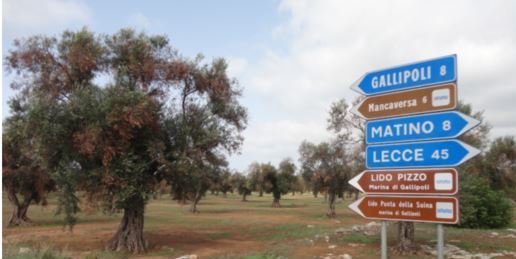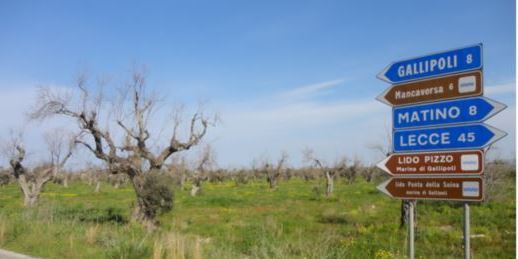Better Border Biosecurity (B3) research collaboration – September updates
B3 are close to finalising its new Strategic Plan, and have begun work on a five-year project looking at Xylella fastidiosa, a serious invasive pathogen currently spreading throughout the world.
By Better Border Biosecurity.
New Strategy for B3
B3 is close to finalising its new Strategic Plan which will set out the science collaboration’s direction and focus for the next five years. The last strategic refresh was undertaken in 2016 and Director David Teulon says the new plan responds to the border biosecurity imperatives currently facing Aotearoa, New Zealand’s natural and productive plant landscapes.
Dr Teulon says the plan builds on the two previous strategies that have guided B3’s activities since 2010, and is informed by relevant strategies from related activities including the NZ Biological Heritage NSC Strategy 2019. A copy of the new strategy will be available as soon as it is signed off by the B3 Collaboration Council.
New Xylella Project Announced
Work has started on a new five-year project looking at Xylella fastidiosa (Xf) and its New Zealand vectors. Xf is a serious invasive pathogen currently spreading throughout the world and is of serious concern for many NZ productive sectors as well as the natural estate.
This new project will look at the potential for NZ native and other insects to transmit Xf, and will work closely with the Xylella Action Group as well as exploring international research connections through Euphresco. It adds to an existing body of research on Xf already underway through the B3 collaboration. You can read more about this project here. This project is one of six approved to begin in July 2020.
Science Diplomacy for Plant Health
B3 Director David Teulon is among several New Zealand researchers, including Veronica Herrera and Aurelie Castinel from MPI, to contribute to an article about science diplomacy for plant health, published last week in Nature Plants. More information about this paper can be found on the International Plant Protection Convention (IPPC) website here.
Posted September 2020.

